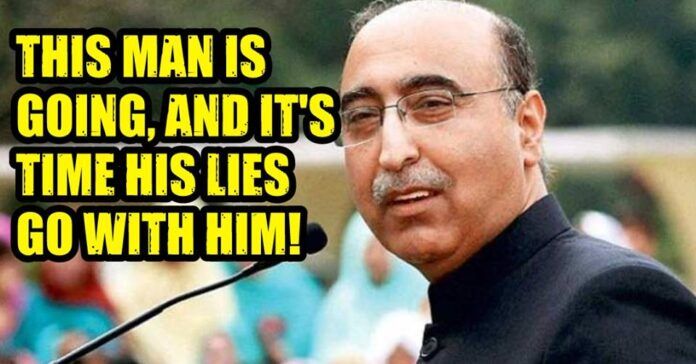
The outgoing Pakistan High Commissioner Abdul Basit made a very significant and unambiguous statement
On July 29, the outgoing Pakistan High Commissioner Abdul Basit made a very significant and unambiguous statement on the Pakistan’s policy vis-à-vis Jammu & Kashmir. No Pakistani made such a statement in 70 years. Abdul Basit said that Pakistan was prepared to fulfil the conditions needed to be fulfilled for holding a plebiscite in Jammu & Kashmir to decide its political future once and for all.
When Pakistan talks about implementing United Nations resolutions on (Jammu &) Kashmir, we are ready to do what we have to do,” Abdul Basit said in New Delhi during a discussion organised by South Asia Forum for Art and Creative Heritage (Rising Kashmir, July 30, 2017)
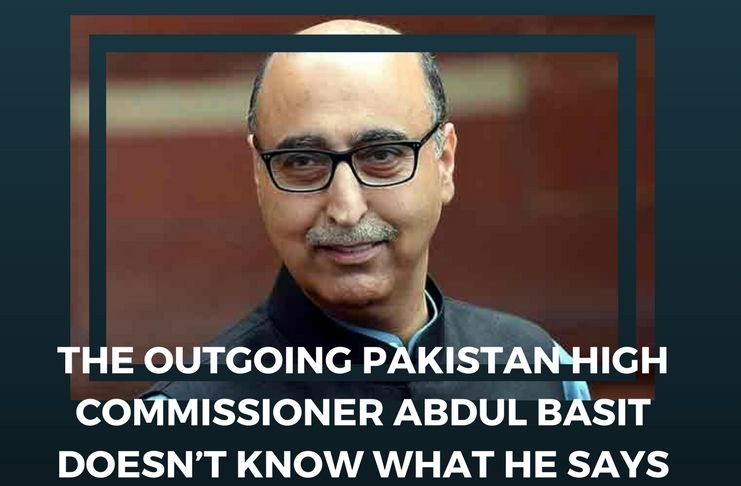
What Abdul Basit said was a big statement. One doesn’t really know if he actually meant what he said. But since he said what he said, it could not be and must not be ignored.
What does the implementation of August 13, 1948, United Nations Security Resolution on Jammu & Kashmir would mean for the aggressor Pakistan? It would immediately mean five things for Pakistan. One, it will vacate the aggression completely from the illegally-occupied Jammu & Kashmir territories, including the so-called Azad Kashmir and Gilgit-Baltistan. Two, it would mean the total withdrawal of all Pakistani troops, regular and irregular, from the occupied areas and stationing of Indian troops there for maintaining law and order.
The Government of Pakistan will use its best endeavour to secure the withdrawal from the State of Jammu and Kashmir of tribesmen and Pakistan nationals not normally resident therein who have entered the State for the purpose of fighting.
Three, it would mean the return to Pakistan of all those Punjabi Sunnis, Pathans and other Pakistanis whom Islamabad settled from time to time in the occupied areas to change their demographic composition and establish its stranglehold over these areas. Four, it would mean the negation of its reported decision to make Gilgit-Baltistan as Pakistan’s fifth province. And, lastly, it would both implicitly and explicitly mean recognition of Indian sovereignty in the PoJK and Gilgit-Baltistan.
The implementation of the UNSC resolution also would mean two more very significant things. One, China will have to vacate the about 5000 sq kilo miles of Jammu & Kashmir territory in Korakaram area. Pakistan ceded this territory to China in 1963 to build National Highway connecting Beijing with Peshawar. The other would be the closure of China Pakistan Economic Corridor (CPEC) on which Beijing is spending a whopping 50 billion Dollars. India has declared as “illegal” the construction of the CPEC as it has interfered with the “disputed” territory between India and Pakistan. The Indian stand is: PoJK and Gilgit-Baltistan being legitimately Indian, any activity of Pakistan and Pakistan-China combine in these territories is illegal and violative of the UNSC resolution on Jammu & Kashmir.
It would be only desirable if some relevant portions of the UNSC resolution are reproduced here. Such an exercise will put things in perspective.
“As the presence of troops of Pakistan in the territory of the State of Jammu and Kashmir constitutes a material change in the situation since it was represented by the Government of Pakistan before the Security Council, the Government of Pakistan agrees to withdraw its troops from that State. The Government of Pakistan will use its best endeavour to secure the withdrawal from the State of Jammu and Kashmir of tribesmen and Pakistan nationals not normally resident therein who have entered the State for the purpose of fighting.
Pending a final solution the territory evacuated by the Pakistan troops will be administered by the local authorities under the surveillance of the Commission”.
The otherwise uncouth Abdul Basit is returning to Pakistan as a disillusioned person. He has said: “I regret our two countries could not commence the Comprehensive Bilateral Dialogue as agreed in December 2015
“Pending the acceptance of the conditions for a final settlement of the situation in the State of Jammu & Kashmir, the Indian Government will maintain within the lines existing at the moment of cease-fire the minimum strength of its forces which in agreement with the Commission are considered necessary to assist local authorities in the observance of law and order. The Commission will have observers stationed where it deems necessary”.
It is also imperative to underline that the UNSC resolution not even remotely suggested that the proposed plebiscite would be held region-wise – Jammu, Kashmir, Ladakh and Gilgit-Baltistan or district-wise. The plebiscite has to be in the Jammu & Kashmir State as it existed on August 15, 1947.
To write all this is not to suggest that New Delhi should agree to the nasty and archaic plebiscite solution. It must not. For, the PoJK and Gilgit-Baltistan are Indian politically, constitutionally and legally and the UNSC does say so when it asks Pakistan to vacate the aggression and authorizes the aggressed upon India to station its troops in those areas, of course, under the surveillance of the United Nations. My only purpose is to catalogue here the implications for Pakistan in case it fulfils the conditions laid down by the UNSC.
Post Script: The otherwise uncouth Abdul Basit is returning to Pakistan as a disillusioned person. He has said: “I regret our two countries could not commence the Comprehensive Bilateral Dialogue as agreed in December 2015. Be that as it may, I for one would not like to think we are destined to live in perpetual hostility…Foreign Secretary S Jaishankar never denied me an official meeting, I wish we could also meet privately to discuss bilateral issues informally” (The Times Of India, Aug 2).
Note:
1. The views expressed here are those of the author and do not necessarily represent or reflect the views of PGurus
- ‘Kashmir My core constituency’: Revisiting July 12, 2003 to understand politics, Omar Abdullah-style - March 15, 2024
- Total deviation from traditional approach: Seven takeaways from PM Modi’s March 7 Srinagar visit - March 9, 2024
- Status of political parties: Why is further J&K reorganization imperative? - March 1, 2024

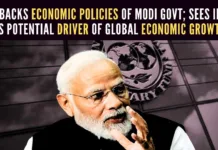
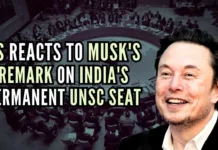
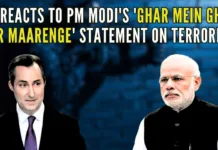







In a situation of Pakistan agreeing to ‘plebiscite’ conditions what is India supposed to do in return.
Are we required to evict all settlers including Rohingiyas and resettle PKs?
Will implementation of the above conditions create further roadblocks for India?
Are we in India, people in general and Govt in particular REALLY SERIOUS of solving the Kashmir problem once and for all.
Further what will happen to the dreams of creating the AKHAND BHARAT?
Abdul Basit’s period in India was the worst ever. He openly instigated Kashmiri separatists for which he got a befitting response from the Indian foreign office. His remark that India-Pakistan bilateral meeting to discuss the outstanding issues, including Jammu and Kashmir did not take place, shows that Basit is singing in the strain of the swan. His return to Pakistan is a good riddance. In the meantime, the Govt of India must read the writing on the wall and recognize that the problem in Kashmir is purely Islamic. It would be in the National Interest if the area of Islamic Jihad is confined to 4% Kashmir valley by creating Jammu State, Ladakh State, Kashmir State and Separate State for the Jammu based Kashmiri Hindus.
The analysis presented is very informative. Abdul Basit, as a High Commissioner is certainly different from his predecessors. He gives an expression as one who likes a peaceful subcontinent. One point probably remains hidden is that tin the present situation Kashmiris of all shades may like to be part of Pakistan because of huge employment potential from Chinese investments. Perhaps Abdul Basit hopes to cash on if plebiscite takes place today. Good bye Abdul Basit